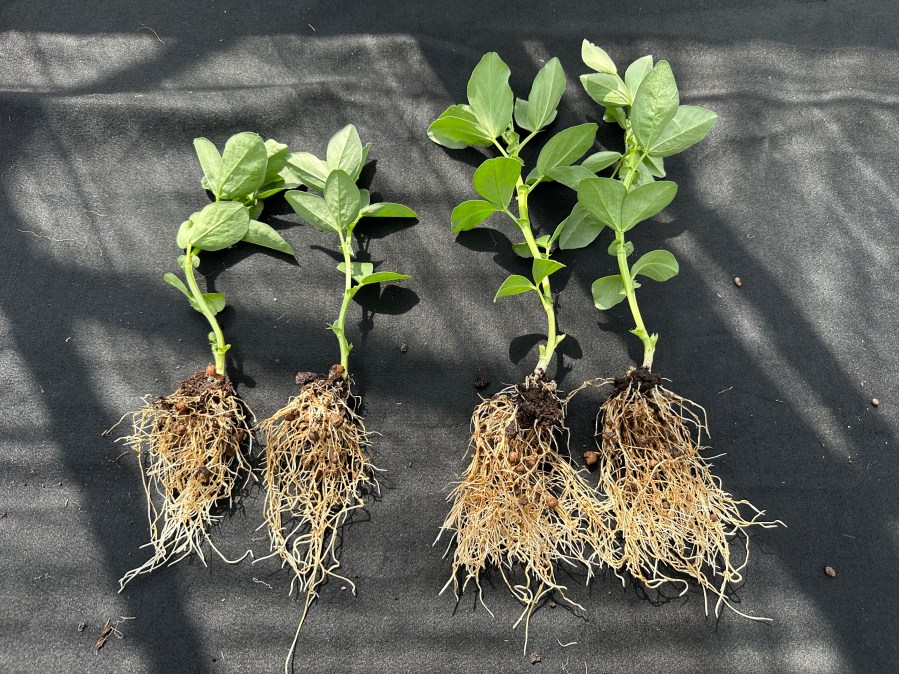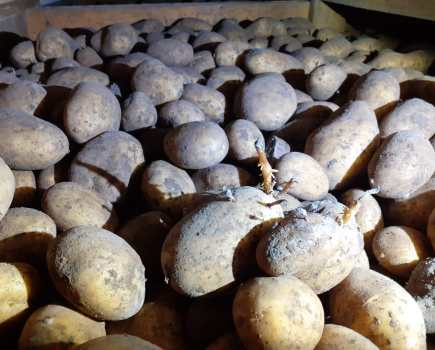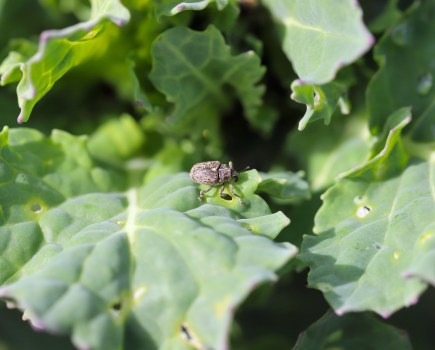Research conducted by Nottingham University has shown that treating beans and peas with a biostimulant seed treatment can improve germination by up to two days.
Although pulses have been in the spotlight recently due to a desire to find more sustainable sources of home-grown protein, growing them can be met with apprehension due to a lack of competitiveness and unpredictability in performance.
However, new research carried out by Dr Steve Rossall at Nottingham University has shown that these challenges could be overcome by using a biostimulant seed treatment.
Biostimulant seed treatment
Newton is one such product, which contains peptides that stimulate plants to thrive, explains Stuart Sutherland, technical manager at Interagro.
“Managing the balance of growth promoting hormones versus growth inhibiting hormones, Newton not only triggers faster germination, it also signals enhanced root and shoot growth and the defence systems of plants.”
The latest research follows on from a host of successful trials with the product which have been carried out by Dr Rossall across a range of crops.
Stuart says he hopes these findings will open doors for existing and prospective pulse growers. “During the past few years we’ve invested in a huge amount of research at Nottingham University and in independent replicated field trials, demonstrating the strengths of Newton in cereals,” he says.
“This latest work shows that Newton is equally valuable in peas and beans, if not more so given the lack of available crop protection products in these important spring crops.”
Germination speed
Because peas and beans aren’t overly competitive in their early stages, getting plants up and away is important for optimising establishment. Therefore, Steve looked specifically at the effect of Newton on speed of pea and bean germination and found significant benefits.
In both peas and beans, Newton was found to increase germination by 1.5 and 2 days, respectively, compared with untreated seed.
“Across the growing season, these additional two days could have a significant impact, particularly with how unpredictable weather patterns have been,” says Stuart. “Getting pulses up and out of the ground quicker and stronger is going to put them in the best position for whatever lies ahead.”
Root and shoot growth
Newton’s germination-enhancing benefits go hand-in-hand with its proven advantages on root and shoot growth, as observed in 2023 trials, explains Stuart.
The findings showed significant root growth increases in both peas and beans when treated with Newton, with increases of 28% and 64% on average, respectively.
“In the beans, rhizobium was included in the growing compost. These bacteria colonise the roots of leguminous plants which in response, produce a swelling on the roots called nodules. It is inside these nodules that the bacteria fix nitrogen and convert it to ammonia, which is crucial for plant growth and development.
“Steve found that Newton significantly increased the number of root nodules – by 66% – meaning Newton increases nitrogen use efficiency in beans too,” he concludes.




